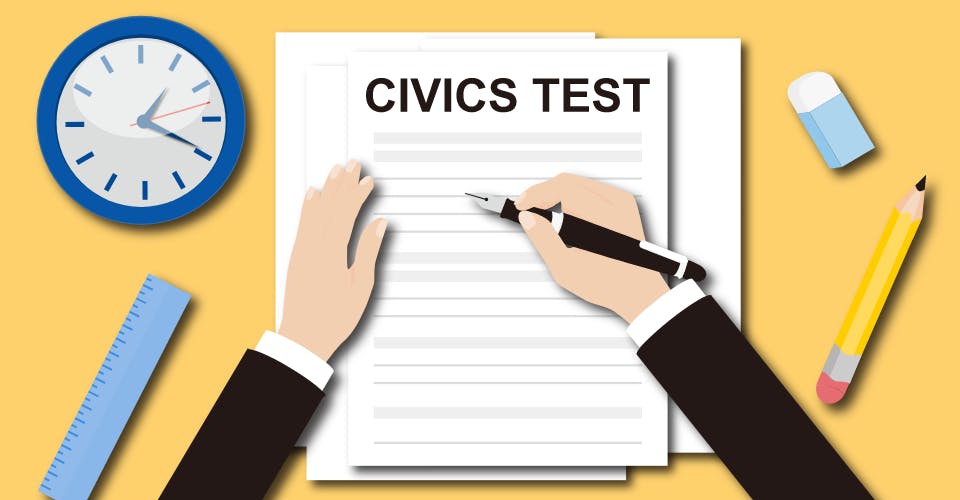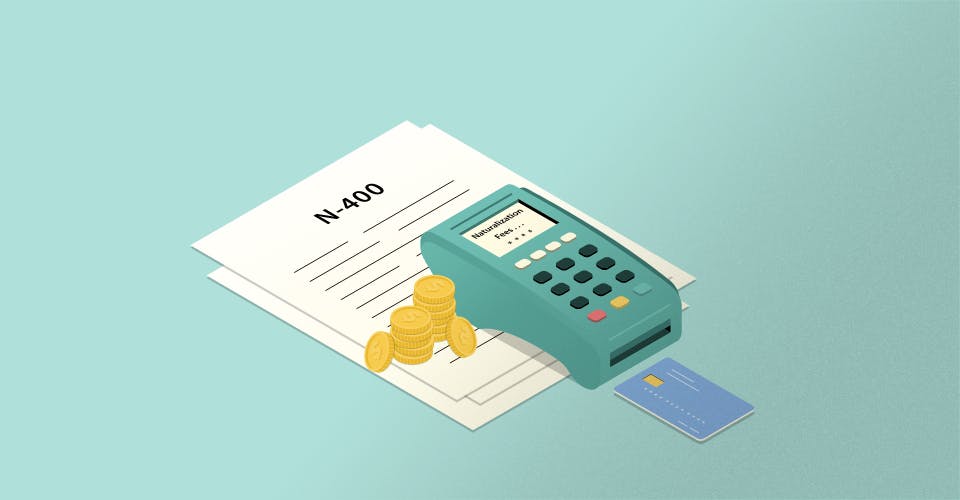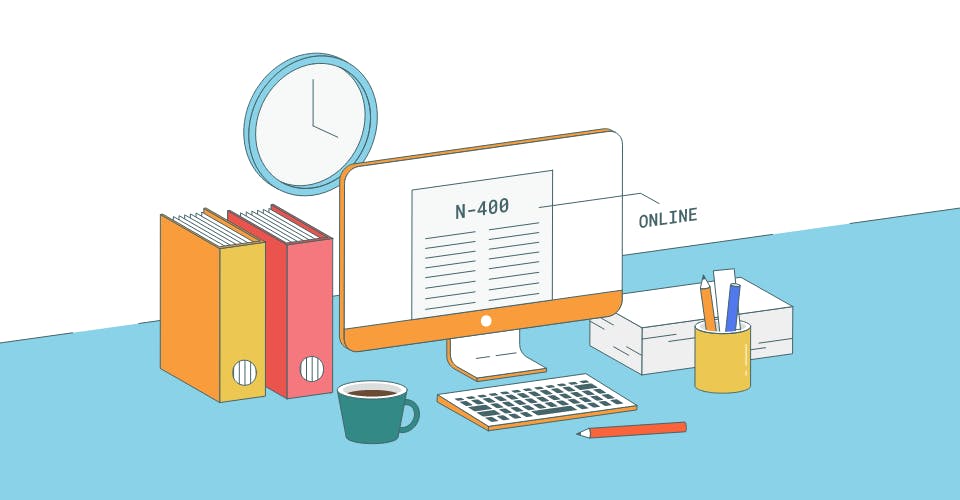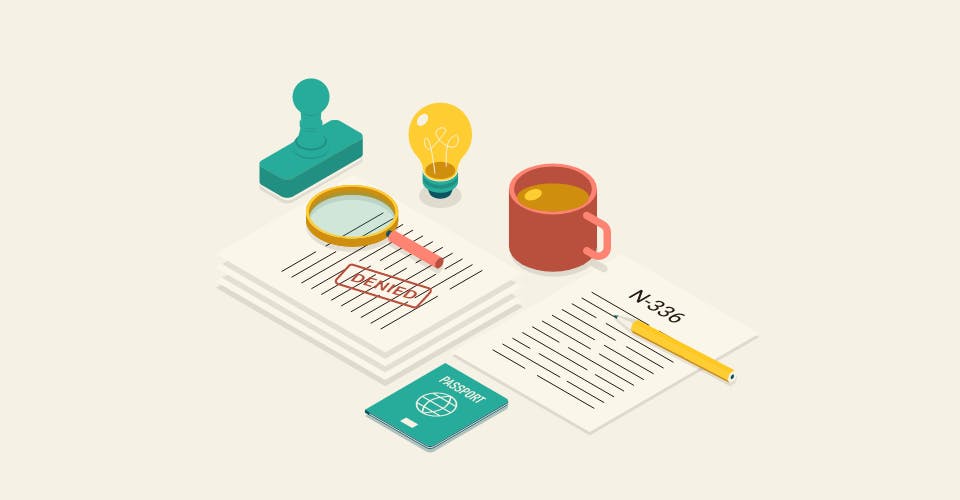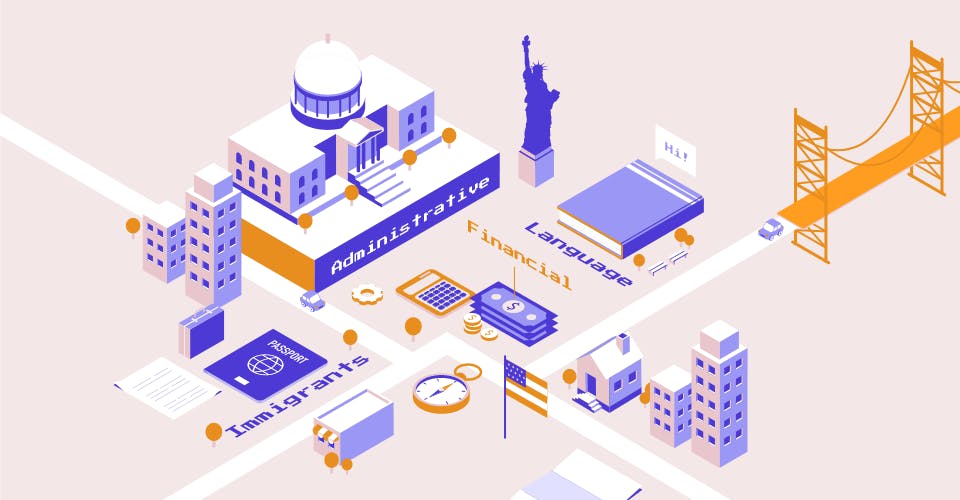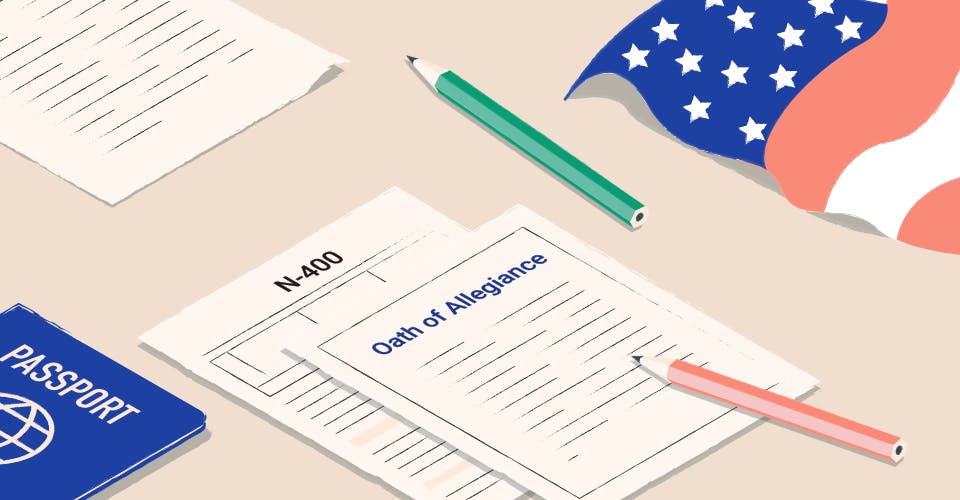For N-400 applicants, those who are looking to become naturalized U.S. citizens, often the most difficult portion of having one case successfully processed and making it to the oath of allegiance is the Civics and/or English test. For immigrants who grew up in different parts of the world, with different customs, and especially different politics, passing the Civics test can be an obstacle to becoming a naturalized U.S. citizen. In addition, it can seem like there aren’t too many resources and institutions in place that will help individuals prepare for the Civics test.
This short guide is supposed to help N-400 applicants prepare well in advance for the Civics portion of the test.
Ways to Study
The USCIS is the first option and point of reference for many applicants when it comes to studying for the Civics portion. This is because, on the USCIS website, one can scroll to the practice test, which gives applicants and future test takers the ability to see how knowledgeable they are about U.S. politics, the Bill of Rights, and other aspects of American history. The link for the practice test can be found here, and test-takers get unlimited tries: https://my.uscis.gov/en/prep/test/civics/view
While this method of studying is definitely useful in terms of memorizing the questions and figuring out answers through a process of elimination, there are other ways one can prepare that might be more beneficial. There isn’t any information on how well statistically test takers do when they study via this method.
Another option in terms of studying is for individuals to get acquainted with a political magazine or popular outlet that regularly talks about U.S. politics. The average wait times for N-400 applicants after their Biometrics appointments is at least a few months to a year even. Applicants who are nervous about the Civics portion of the test should try to get acquainted with a magazine and read articles everyday. Applicants might ask why this is necessary or how this will even help them on the test.
And while this method does pertain to direct test questions, it might prepare applicants conceptually for how to interpret questions on the test, and therefore be able to use the process of elimination to their advantage. For example, The New York Times, the Atlantic, and other similar publications consistently discuss American politics, the history of our democracy, and contemporary political issues that frame how rights, freedoms, and the law are interpreted through various editorial perspectives. Even reading an article a day can be highly advantageous for those looking to make the final step of U.S. citizenship.
Another method for studying for the Civics portion is to simply look within ones system of government they understood growing up. Comparing and contrasting differences with ones country of origin might serve as a point of reference how for systems are functioning—either in the same vein or totally differently.
Overall, applicants will have months to review for the Civics portion, and because it is a rather short test, test takers need to have an understanding of a broad range of concepts. As such, it’s never too early to start mentally prepping for this Civics test, even without taking a practice test.

